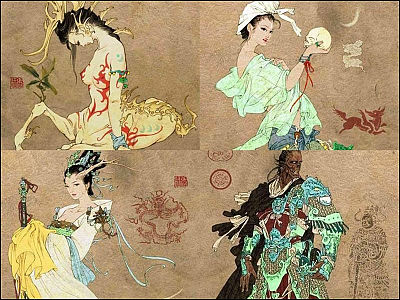What is the origin of the mysterious power of the 'ring' in the story?

The 'ring' is a mystery mainly in fantasy works such as
Plato's allegory of the ring-Alex Gendler-YouTube
The origin of stories such as 'a ring with mysterious powers seduces those who are blinded by its power' dates back more than 2000 years. Plato , an ancient Greek philosopher, takes up the legend of the ' Ring of Gyges ' with supernatural power in his work ' The State '.

In 'The State',
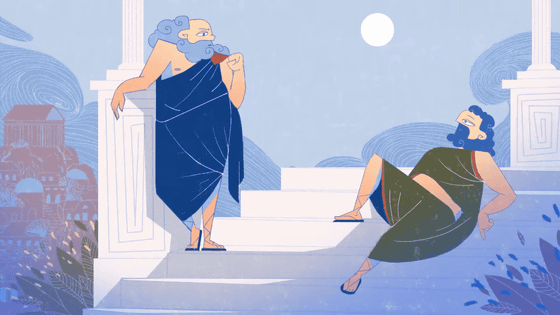
A long time ago there was a shepherd named Gyges. One day, when Gyges was tending his flock of sheep, an earthquake struck and the earth split open, causing him to fall into the depths of the earth.
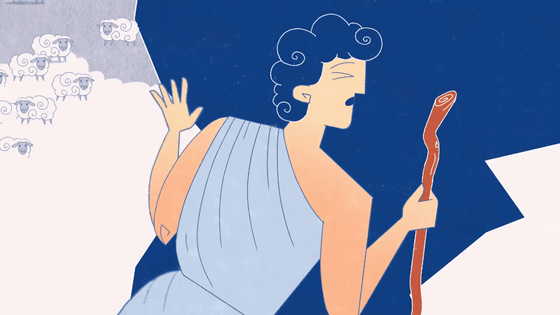
As he fell, Gyges found a horse made of bronze.
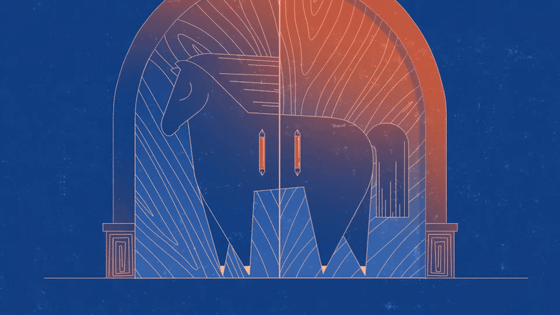
The horse was a door, and when the door was opened, the corpse of a giant was lying there. And on the corpse's finger was a golden ring. Gyges removes the ring from the corpse and goes back to where he came from.
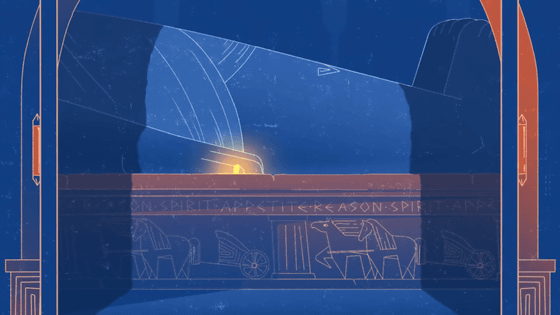
When Gyges returned home safely and was fiddling with the gold ring, when he casually turned the ring on his finger, Gyges suddenly became invisible. If you rotate the ring backwards, it will reappear.

Enraged by the power of the ring, Gyges comes up with a wicked plan.
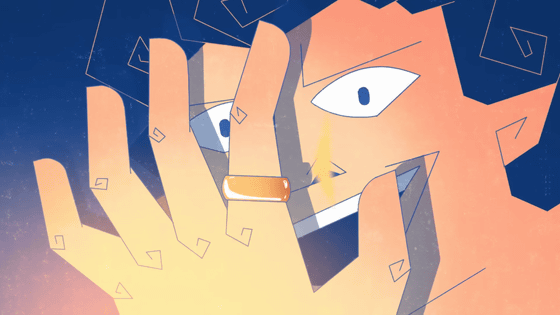
Gyges became an emissary to the king of
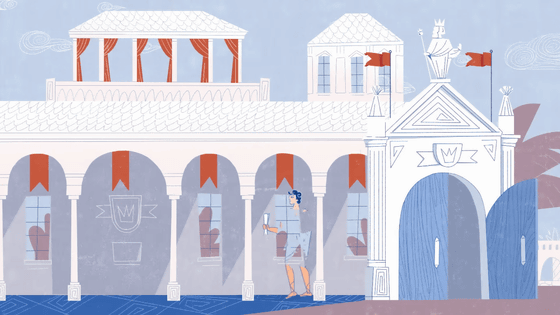
Gyges incites the Queen of Lydia to betray her husband, the King of Lydia, and plans to take over the country.
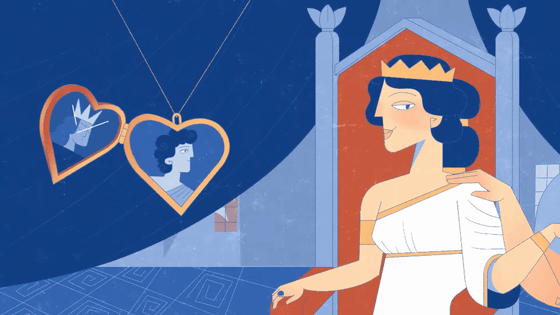
As a result, Gyges, who was a good shepherd, killed the king and became king himself. Through this legend, Glaucon conveys the idea that 'human beings can profit from their injustice.'

Glaucon asked the question, ``If a man of reason could have the same fate as Gyges, just as he could become invisible and move freely in the palace, would he be able to obtain his desires without being affected by anything?'' We divide “good things” into three categories.
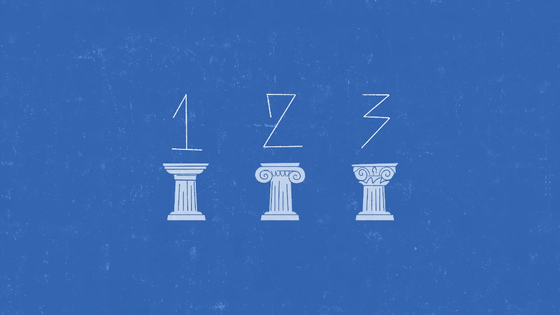
The first 'good thing' is what we want for ourselves, just pleasure, without harm or suffering.
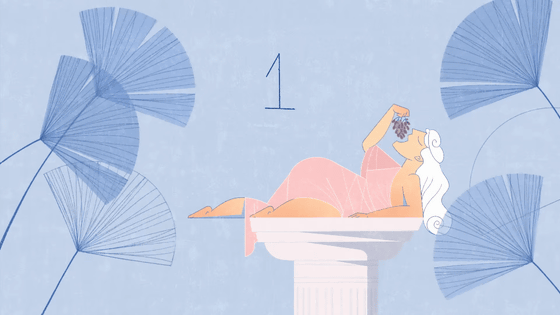
The second is something we want to bring about some good outcome, which can be hard or painful in itself, and includes things like exercise and medication.
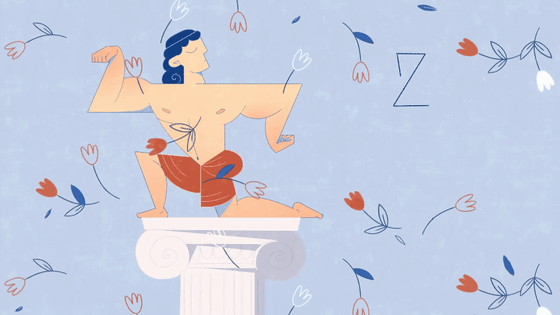
The third one is good in itself and gives us good results. Knowledge, health, etc.
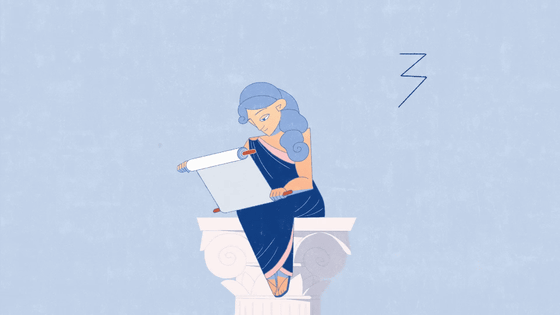
Glaucon argued that practices such as 'justice' and 'fairness' belonged to the second category, 'which brings good results, but which itself entails suffering and pain'. In other words, Glaucon concludes that the only reason people behave morally is because of 'external influences', since the right action is not something they actively choose to do.
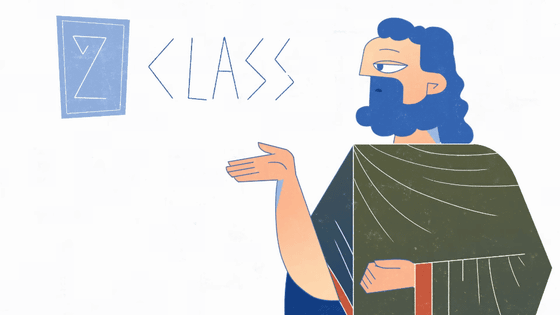
Glaucon argues that it is important to appear moral, not to actually be moral. Conversely, Glaucon states that people behave less morally when they use the power of the ring like Gyges does so that no one can see them.
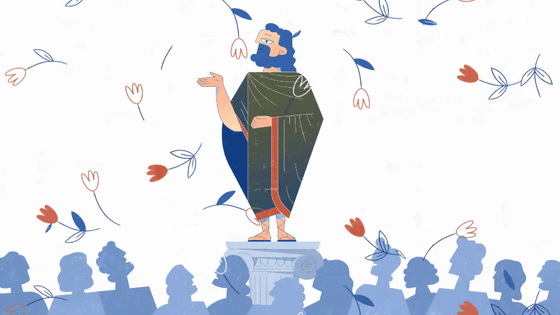
On the other hand, Socrates denied Glaucon's claim and argued that justice and fairness belonged to the third category, ``which is good in itself and brings good results for us.'' is told in
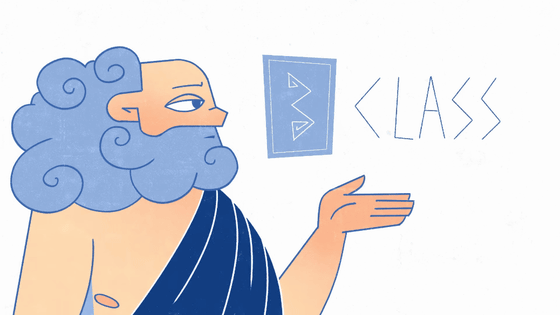
Socrates argued that the human
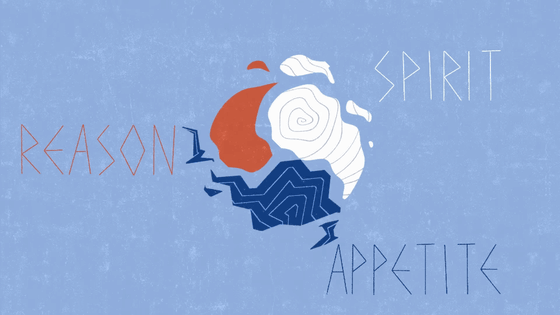
Philosophia, according to Socrates, leads to the most just and happy state of being, guided by reason and by controlling desires with grit. Therefore, even in cases such as the Ring of Gyges, where desires can be carried out without retribution, they do not act selfishly.
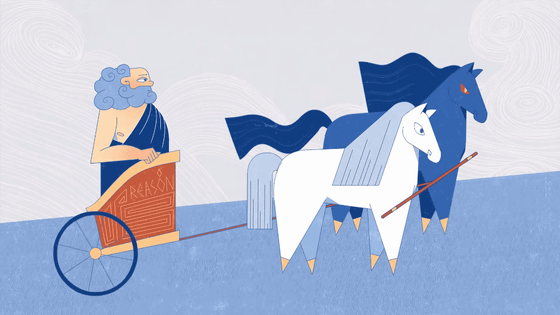
On the other hand, those who cannot control their desires with grit are called ``dictators'', and those like Gyges, who succumb to their desires and obtain power and wealth through dishonesty, ``lost the harmony of their souls''. says Socrates. According to Socrates, we cannot be truly happy if we are ruled by our basic desires instead of being guided by our intellect.
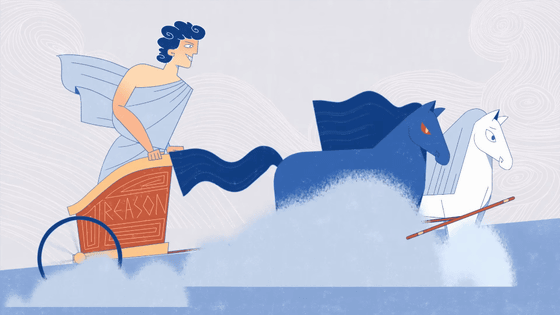
Similarly, the ancient Chinese philosopher
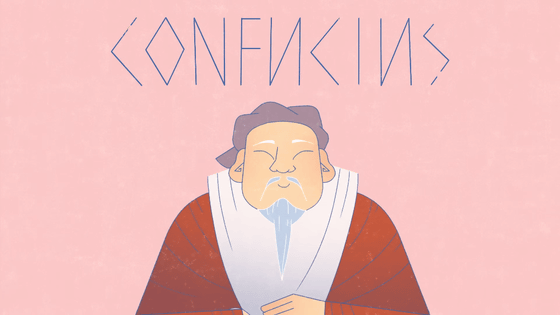
On the other hand,
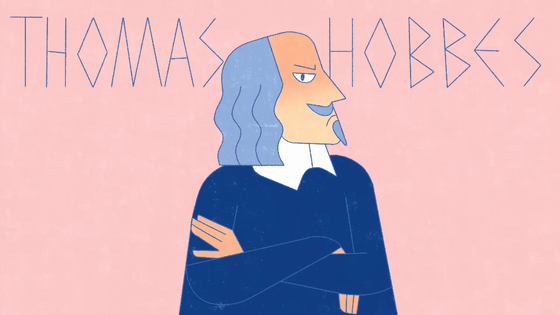
In addition,
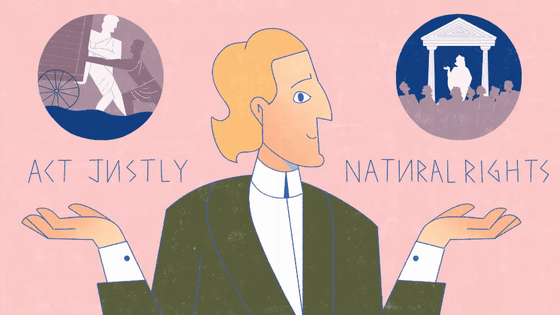
Discussions about the nature and desires of human goodness surrounding the 'Ring of Gyges' have been told for thousands of years since ancient times. A ring with mysterious powers always confuses people and asks questions.
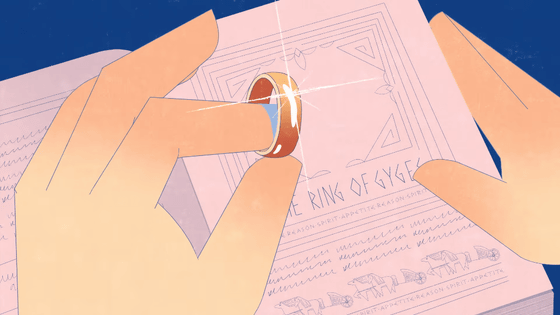
Related Posts:
in Video, Posted by log1e_dh



